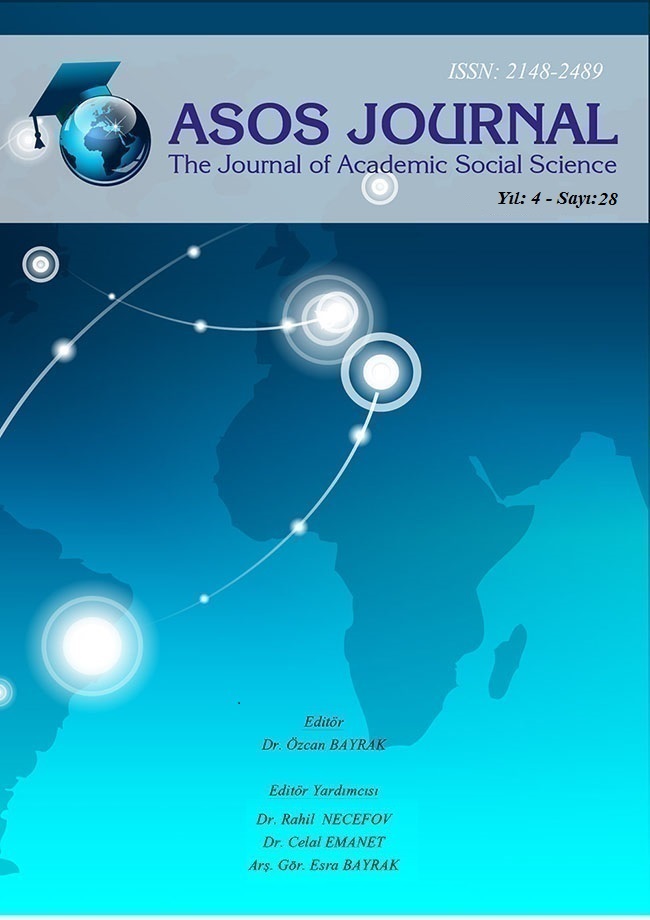KLASİK VE MODERN DÖNEMDE ULȖMU’L-KURÂN ÇALIŞMALARI “EL-BURHAN FȊ ULȖMİ’L KUR’ÂN VE MENÂHİLÜ’L İRFAN BAĞLAMINDA”
Author :
Abstract
Her ilmin kendine has öğretim metodu ve belli kuralları vardır. Usul ve kaideler olmadan, doğru bilgiye ulaşmak zordur. Bu durum Kur’ân-ı Kerim için de geçerlidir. Hz. Peygamber (s.a.s.) zamanında ezberlenip hayata geçirilen Kur’ân-ı Kerim, üzerinde en çok çalışılan eser olmuştur. İlim ehli, zamana ve insanların ihtiyacına göre, Kur’ân’dan nasıl istifade edilebilir, düşüncesiyle çalışmalar yapmıştır. Bu çalışmalar sonucunda da, Ulȗmu’l Kur’ân dediğimiz kural ve kaideler ortaya çıkmıştır. Klasik dönemde, Kur’ân’da geçen yabancı kelimelerle ilgili Garibu’l-Kur’ân ilminden, O’nun mucizevi yönlerine işaret eden İ’caz ilmine kadar Kur’ân’daki her şey, bu ilmin konusu olmuştur. Kur’ân tefsirine gereken ihtiyaç, onu tefsir edebilecek kabiliyetteki insanların da tespitini gerektirmiş, müfessirlerin sahip olması gereken şartlar da bu kapsamda değerlendirilmiştir. Kültürlerin değişmesi, modern bilimin ve felsefenin düşüncelere etkisi, yeni metod ve teknikler geliştirmeyi gerektirmiştir. Ulȗmu’
Keywords
Abstract
Every science has a specific teaching method and certain rules. Without rules and principles, it is difficult to access correct information. This situation is also valid for Qur’an. The Qur’an, memorized and adapted to the life in the time of the Prophet (S.A.S) has been the most studied book. Scholars have studied on the idea of how the Qur’an could be benefited from, according to the time and people’s needs. As a result of these studies, the rules and principles, called Ulȗmu’l Qur’an have appeared. In the classical period, all things in the Qur’an, from the science of Garibu’l Qur’an, regarding foreign words in the Qur’an, to the science of Icaza, pointing to its miraculous aspects, have been the subjects of these studies. The need for Tafsir’ul Qur’an has required to determine the persons, able to comment on the Qur’an; and the abilities, expected from the commentators, have been evaluated in this scope. Changing of the cultures, and the effects of the modern science and philosoph





